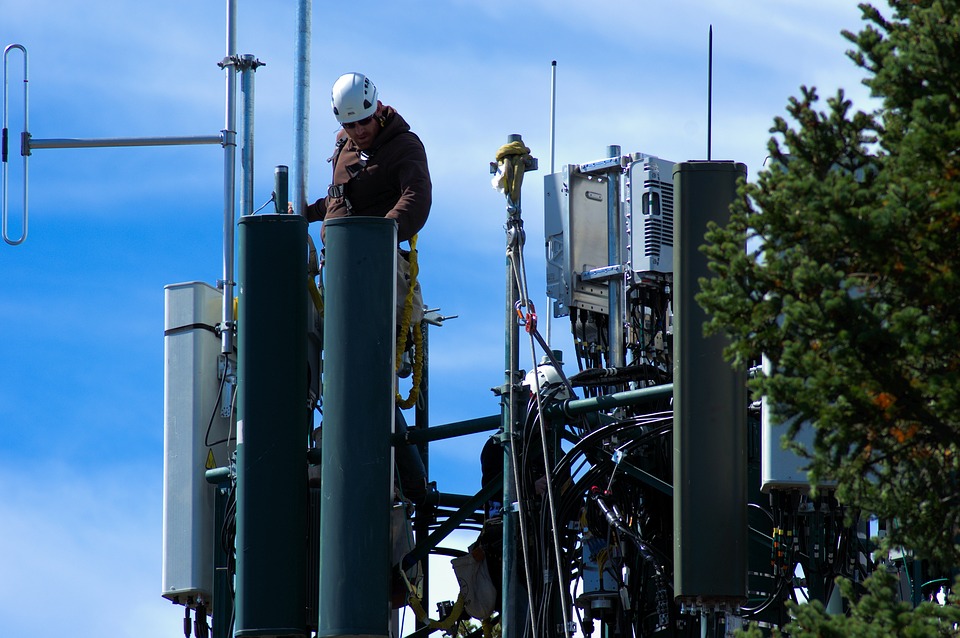Cell Phone Signals Are Generally Safe: Will 5G Change This?

While the reports vary, it can be said that cell phone signals have been safe for people. There have been no indubitable evidence so far to prove that mobile phone use has resulted in the development of cancer or other radiation-related health problems. This has been the case for cell phone signals from the early days of the mobile telephone technology to the rise of 4G. With the inevitable mass deployment of 5G wireless networks, will the risks change?
What Are the Concerns?
Several concerns are associated with the mass deployment of 5G infrastructure. These are mainly related to interference issues, surveillance, health risks, and security. This post focuses on the health concerns being raised by credible bodies or personalities.
It’s expected for luddites and conspiracy theorists to come up with ridiculous ideas to stoke fear about new technologies such as 5G. The threats being peddled, as reported by Wired for example, include the possibility of killing birds, Alzheimer’s disease, infertility, and autism. However, there are legitimate concerns that deserve attention.

The health concerns over 5G have been amplified by the need to have more antennas for the network infrastructure, one in every few hundred meters, since 5G signals are not capable of easily penetrating walls or physical barriers. The sight of multiple mobile network towers and antennas appears threatening to people who are already have the preconception that mobile signals are health hazards.
While electromagnetic hypersensitivity is not yet a proven health concern directly attributable to mobile telecommunications radiation, there are claims of experiencing headaches and nervous breakdown associated with 4G as well as Wi-Fi signals. Some tend to think that 5G is a much greater risk considering that the spectrum it uses is much higher than that of 4G.
There’s also the factor of 5G being a new and largely untested technology (in terms of health impact). While there are no studies that directly link 5G technology to the development of physical and mental anomalies, there are no studies that conclusively rule out the health hazards.
What Experts and Authorities Say
In the earlier part of 2019, over 180 scientists and doctors from different countries sent a letter to European Union officials to warn of the potential health risks of 5G. They sought a moratorium on the deployment of 5G in Europe, urging the EU to abide by Resolution 1815 of the Council of Europe to form an independent body that will officially evaluate 5G’s health risks.
The doctors and scientists emphasized how 5G will dramatically increase exposure to radiofrequency electromagnetic fields (RF-EMF), and pointed out that RF-EMF is already proven to have ill effects on people and the environment. Among the initiators of the resolution submitted to the EU were Orebro University (Sweden) Oncology professor Dr. L. Hardell, Abo Akademi (Finland) Professor Emeritus Rainer Nyberg, and University Hospital Orebro Department of Oncology Professor Lennart Hardell.
In the United States, Joel Moskowitz, Director of UC Berkeley Center for Family and Community Health, asserts that there have been no assurances from any authoritative research that 5G deployment is safe. On the other hand, Camilla Rees, a senior policy advisor at the National Institute for Science, Law and Public Policy, considers 5G as a risk greater than climate change.
The World Health Organization (WHO) maintains that no adverse health effects have been established in relation to the use of mobile phones. WHO has not released a new statement with regards to the risks associated with 5G deployment. Other leading health and public safety agencies and institutions share the same opinion.
The Center for Disease Control (CDC) says that they have not found scientific proof to link health problems to the use of mobile phones, although the agency claims that new studies are being undertaken to explore the issue in greater detail. The FCC echoes the idea that scientific evidence is lacking when it comes to the health hazards supposedly brought about by wireless phone usage. Similarly, the United States FDA publishes the following on its website: The totality of the available scientific evidence continues to not support the idea that the exposure to current radiofrequency energy (within established limits) adversely affects human and animal health.

In Conclusion
For now, it’s difficult to conclude that the health risks associated with 5G are untrue or improbable. Defenders of 5G safety say that there are no scientific findings that back the health risks attached to the technology. Conversely, those who say that it is probably harmful say so because there are no scientific studies fully guaranteeing that 5G’s wireless signals are completely safe. More extensive and long-term research is needed to come up with the right answer to the question on 5G’s safety.